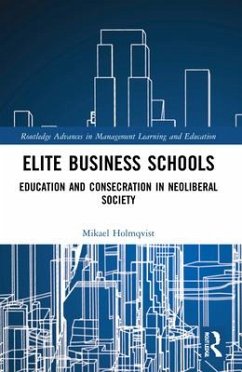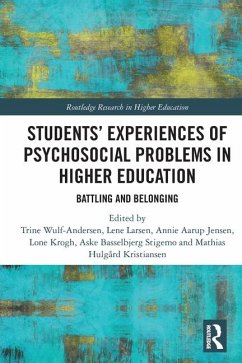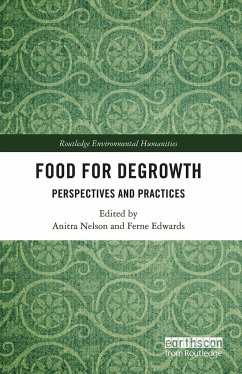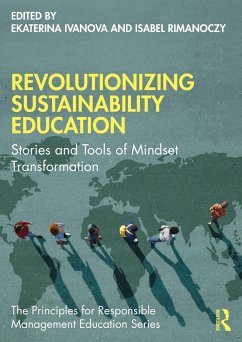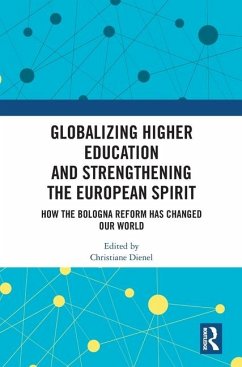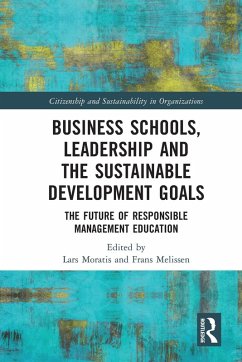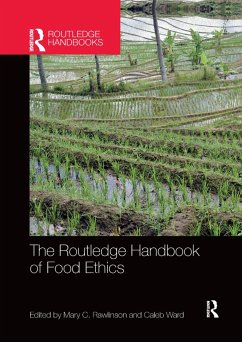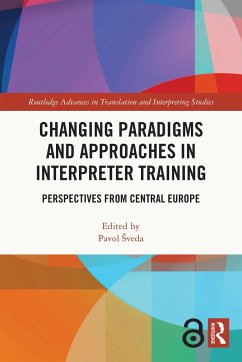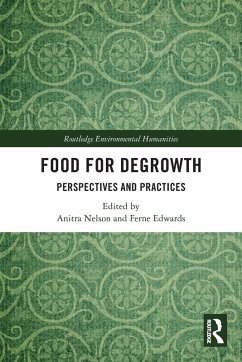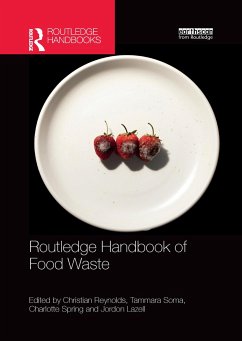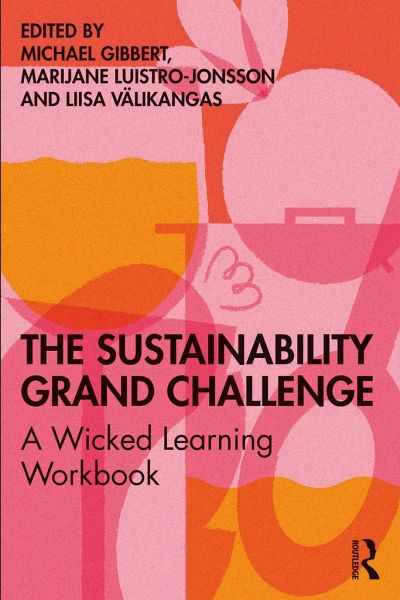
The Sustainability Grand Challenge
A Wicked Learning Workbook
Herausgegeben: Gibbert, Michael; Välikangas, Liisa; Luistro-Jonsson, Marijane
Versandkostenfrei!
Versandfertig in 6-10 Tagen
43,99 €
inkl. MwSt.
Weitere Ausgaben:

PAYBACK Punkte
22 °P sammeln!
How do universities tackle wicked sustainability challenges faced by society?The Wicked Learning Workbook is a toolkit for setting up and running an interdisciplinary master-level course in the context of real-world problems such as food waste and loss. The book offers a new pedagogical approach that we call 'wicked' because it is unorthodox, ambitious, and tackles complex problems that won't go away. The pedagogy is also international at the course level rather than the conventional exchange semester, enabling institutions to embed international approaches to their core teaching.The Wicked Le...
How do universities tackle wicked sustainability challenges faced by society?
The Wicked Learning Workbook is a toolkit for setting up and running an interdisciplinary master-level course in the context of real-world problems such as food waste and loss. The book offers a new pedagogical approach that we call 'wicked' because it is unorthodox, ambitious, and tackles complex problems that won't go away. The pedagogy is also international at the course level rather than the conventional exchange semester, enabling institutions to embed international approaches to their core teaching.
The Wicked Learning Workbook speaks directly to academics who are looking for solutions that provide stimuli for research and teaching while giving students an innovative, international learning experience. The approach develops student understanding of the UN Sustainable Development Goals as broad-scale societal issues which are difficult, if not impossible, to 'solve'. An important outcome of this approach is the laboratory-style classroom that creates opportunities for faculty, students and companies to co-create solutions that are immediately implementable. The resulting methodology is based on industry-university collaboration (such as IKEA and Nestlé). The methodology is of interest to corporate leaders pursuing sustainability goals and business transformation.
Achieving sustainability requires cross-boundary, cross-disciplinary, experimental approaches that allow for scalability. Wicked problems can only be tackled with wicked solution approaches.
The Wicked Learning Workbook is a toolkit for setting up and running an interdisciplinary master-level course in the context of real-world problems such as food waste and loss. The book offers a new pedagogical approach that we call 'wicked' because it is unorthodox, ambitious, and tackles complex problems that won't go away. The pedagogy is also international at the course level rather than the conventional exchange semester, enabling institutions to embed international approaches to their core teaching.
The Wicked Learning Workbook speaks directly to academics who are looking for solutions that provide stimuli for research and teaching while giving students an innovative, international learning experience. The approach develops student understanding of the UN Sustainable Development Goals as broad-scale societal issues which are difficult, if not impossible, to 'solve'. An important outcome of this approach is the laboratory-style classroom that creates opportunities for faculty, students and companies to co-create solutions that are immediately implementable. The resulting methodology is based on industry-university collaboration (such as IKEA and Nestlé). The methodology is of interest to corporate leaders pursuing sustainability goals and business transformation.
Achieving sustainability requires cross-boundary, cross-disciplinary, experimental approaches that allow for scalability. Wicked problems can only be tackled with wicked solution approaches.





